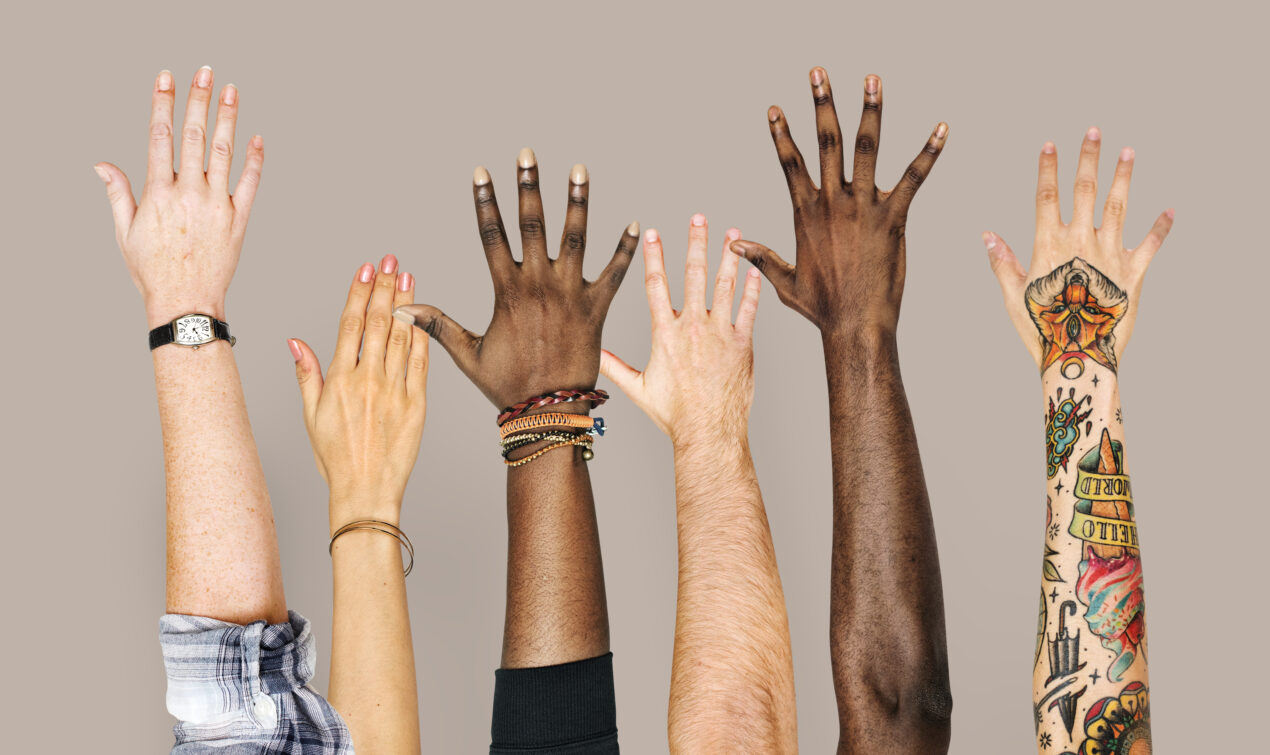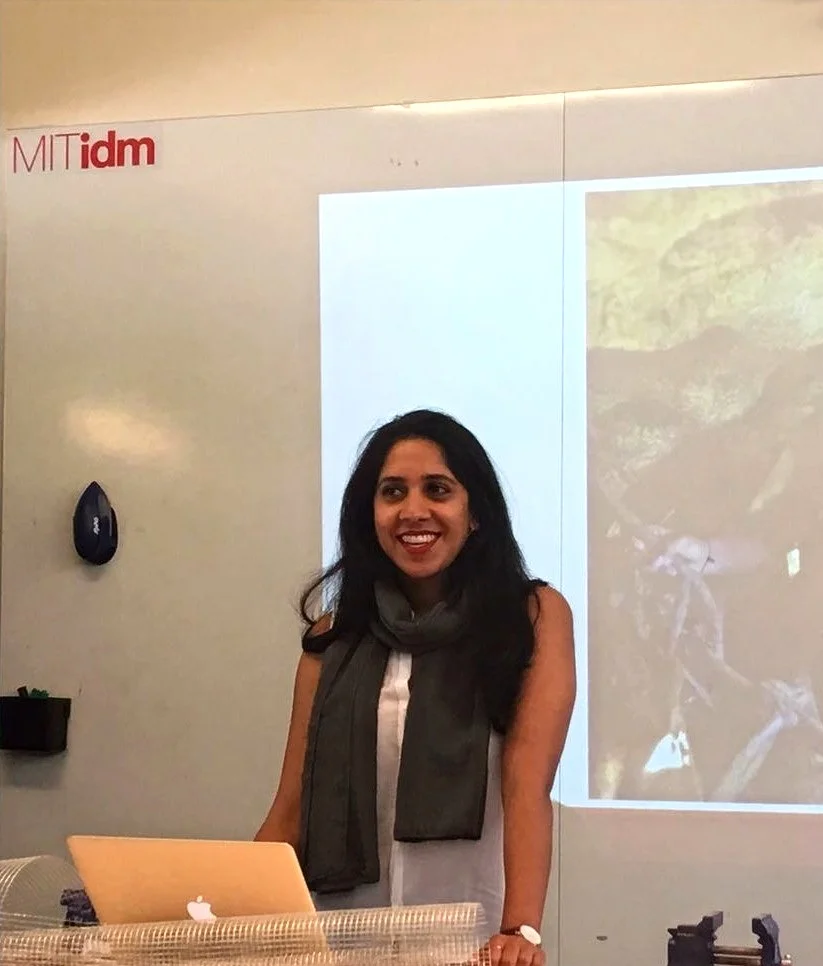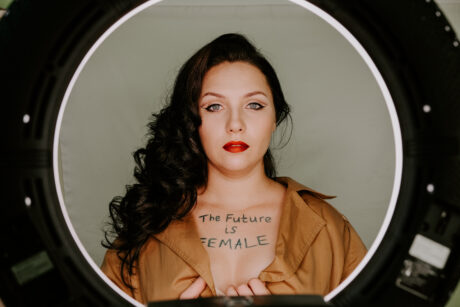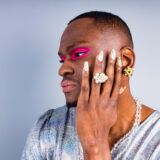A conversation about inclusive management practices …
The workplace is a place we spend more time at than any other. Sure, maybe it looks a little different in a post-COVID world, but whether you’re working remotely, in the office, or a hybrid of both, your work environment should be inclusive. What does that mean? It means providing a culture that’s accessible and transparent to its employees of all identities.
iIn an article written by Brennan Whitield on BuiltIn.com, Whitfield states, “Knowing a wide range of statistics related to diversity and inclusion might help you and your team better understand the complex nature of the topics. Using this knowledge, you can work toward building a diverse and inclusive workforce that will ultimately yield higher revenue and boost employee performance.”
So what are these statistics? Below are some critical insights you and your company should know as we begin 2023.
- Groups formerly seen as “minorities” may reach majority status by 2044.
- 48 percent of Generation Z are racial or ethnic minorities.
- Diverse companies enjoy 2.5 times higher cash flow per employee.
- Diverse management has been shown to increase revenue by 19 percent.
- Gender-diverse companies are 15 percent more likely to surpass industry median financial returns.
- 3 in 4 job seekers and workers prefer diverse companies.
Inclusion and diversity are two buzz words we hear a lot these days, but they’re more than words. They’re also the biggest hiring points HR departments are striving to enforce. you create a workplace that is severely lacking in representation. So how do you change that? We talked with consultant Attia Qureshi, Lecturer at Gerald R. Ford School of Public Policy. Quereshi provides trainings, leadership coaching, strategy planning, and speaking engagements to companies to help them better understand how to make their workplace inclusive in such a nebulous field, ultimately resulting in positive change.
A supplier diversity program should be at the heart of diversity and inclusion policies. Being an equitable business includes every aspect of the supply chain, not only employees.
Kiam Bakhtiari, Forbes
What inspires you to do the work you do?
When I came across this work, one of the things that was really compelling to me was how much of a positive impact it can make on an individual and an organization’s entire culture. I thought it was smart to focus on individuals ensuring they learned techniques and methods that really worked for them and showed them why they and the organization would be better off through more principled techniques. In this case, principled means finding a way to communicate more effectively and problem-solve together. It’s a holistic, positive way of bringing people together, and it makes a difference when people apply it.
Tell us more about your journey.
I initially started my career in management consulting and then I worked for a couple of start-ups. I also started my own company. Working in entrepreneurship showed me that the challenges of not having a good culture or clear, transparent communication can totally destroy an organization. It was a unmet challenge with the companies I worked with. I also saw that play out in my own organization. The catalyst was when I started using these techniques in my own company and started seeing how impactful and effective they were, realizing I could help organizations do the same thing. What I’ve now learned is that no one starts off as a great manager, and we don’t train people on how to be good managers. We don’t take that seriously enough in our organizational culture right now in terms of giving people the tools they need to effectively lead others. Another catalyst was realizing what those tools are, using them myself and sharing those tools with others. It started organically for me. I loved the work and eventually it became my career.
What resources help you succeed?
The first thing would be joining a group of other entrepreneurial women who work in the consulting space. Having that support system is huge because these people are going through similar challenges and have similar questions. I would also strongly recommend having a mentor. At MIT, John Richardson brought me into this work and has been my guide, mentor and coach since 2016. I wouldn’t be here without him. Having someone who understands what the path is and someone who helps and encourages you along that path, even when you fall down, is huge.
Who are some of your role models?
As I said above, my mentor, John Richardson. He is a lecturer at MIT, and he also helped develop the Harvard Negotiation Project to set the framework for a lot of the work we do now. Sheila Heen has been a huge role model for me. She epitomizes a strong, successful, ambitious woman who has a family, great relationships and has balance in her life. She’s written two successful books, lectures at Harvard and runs her own consulting company. She shows me that you can do it all as a woman–you can have a family, have a social life, and have an amazingly successful company earning good money without having to sacrifice a part of yourself to do it.

What’s the most important thing you’ve learned? Has it translated or affected other aspects of your life?
The most important thing I’ve learned is it’s all about the people you meet, the impact you make, and the reputation you have. What is your reputation? Do you build strong relationships? We can be good at our jobs and be data-driven, but at the end of the day, it’s about the impact you have on people and the reputation you leave behind. It’s not just about being the smartest–it’s about being a good person and having values and principles that you live by.
What’s the best advice you’ve ever been given?
The best advice I’ve been given was at the first start-up I worked at in San Francisco. There was a guy who worked in a different department, and he told me this piece of advice when I was really stressed out. He said, “Whenever you’re stressed and not sure if you can handle something, look back at everything you’ve faced so far, and let that give you the confidence that you need to be able to know that you can handle whatever comes.”
You are strong enough because you’ve done it before and you can do it again.
A 2017 Pew Research Survey revealed that 42 percent of women in the United States say they have faced workplace gender discrimination.
What advice would you give other women looking to follow in your footsteps to create a more inclusive culture either in their workplace and lives?
Find a mentor who can guide you and help you navigate this space. No one knows how to become a consultant in this space. It’s not written out anywhere and there are no courses on it, so having a mentor who shows you what it might look like is really important. At the end of the day, it takes time, so it’s also important to be generous, patient and have grace with yourself. One of the things I still have to work on is that I’m so hard on myself and put so much pressure on myself. We, as women, tend to do that, so I would encourage everyone to be kinder to themselves.
Where can those inspired by your story connect with you?
You can learn more about me from my website. There is an email address and a contact form, so you can learn more about me there and reach out!
Qureshi embodies a strong woman breaking barriers and pioneering in her field, and her work is truly inspirational. Amplifying all voices is important in every community and relationship, and Attia strives to make inclusion the industry standard.
Qureshi concludes, “It’s hard work, but it’s really important work. There are a lot of opportunities to become more inclusive in the way we act. That goes all the way down the pipeline, but it starts with the individual. How are we being inclusive with every interaction we have, and how can we broaden that to create more inclusive frameworks and foundations for this type of work? It seems overwhelming, but breaking it down on an individual level is something we can work towards in a lot of different ways.”
A study conducted by Harvard University and Princeton University researchers found that, when men and women submitted blind applications or auditions for a job, a woman’s likelihood of getting the job increased by 25 to 46 percent. And under these conditions, women were more likely to be hired than men.
Meet Attia Qureshi
I’ve worked in several industries on several continents. What I’ve learned is that people are messy, emotional, scared, tenacious, loving and striving to be the hero in their story. How do we take what’s hardest but most beautiful about being human, and harness it to drive value in this world?
Change and conflict can be very constructive, if managed properly. The first step is to acknowledge the human component, and use that as the guiding principle.
I believe in sustainable change and growth, and I make it happen.












